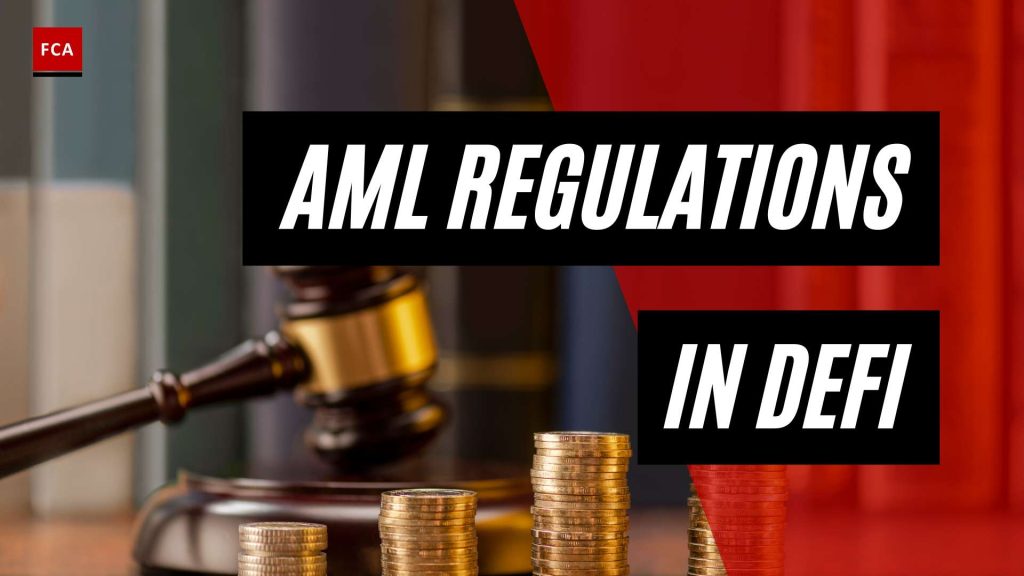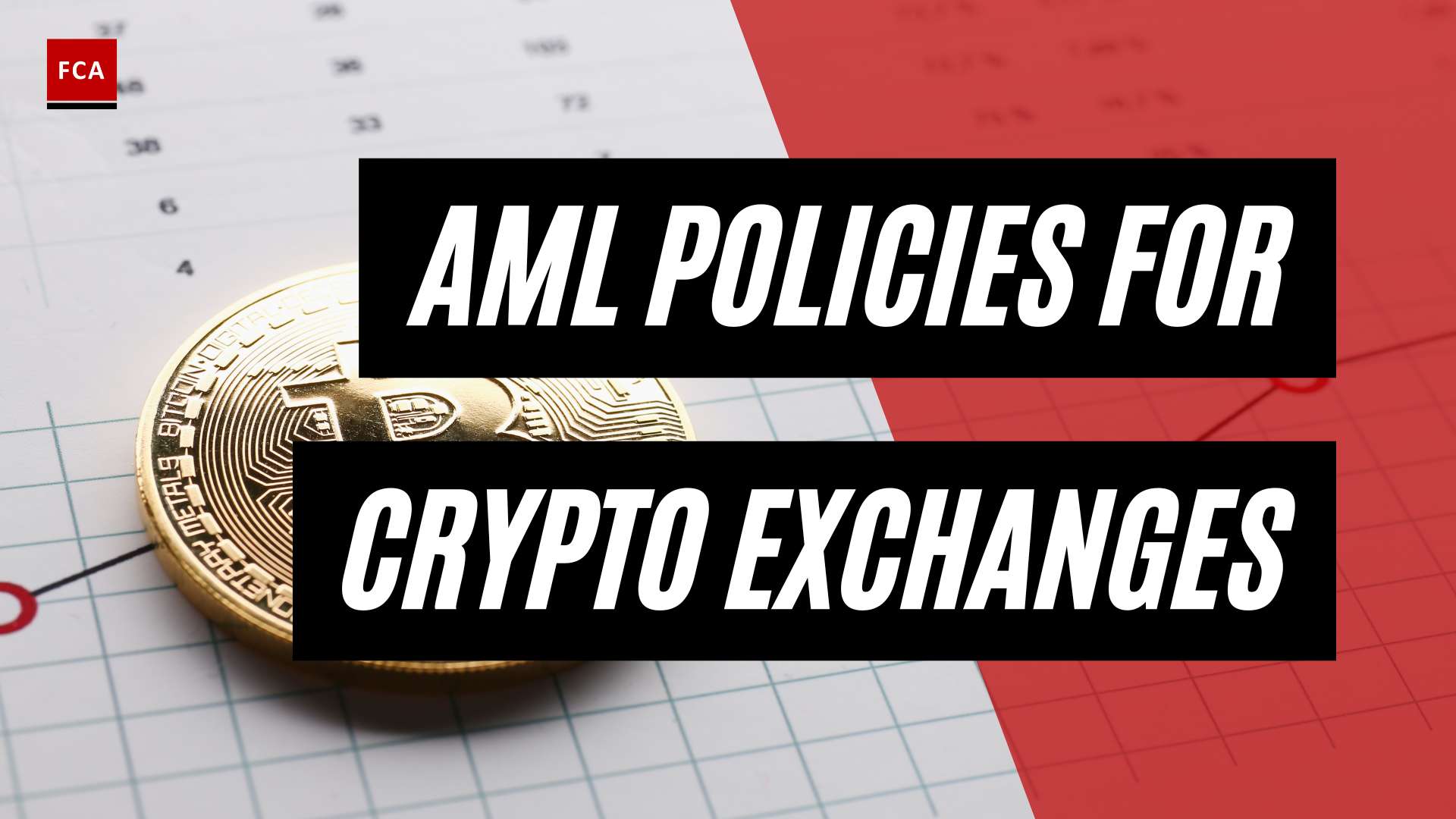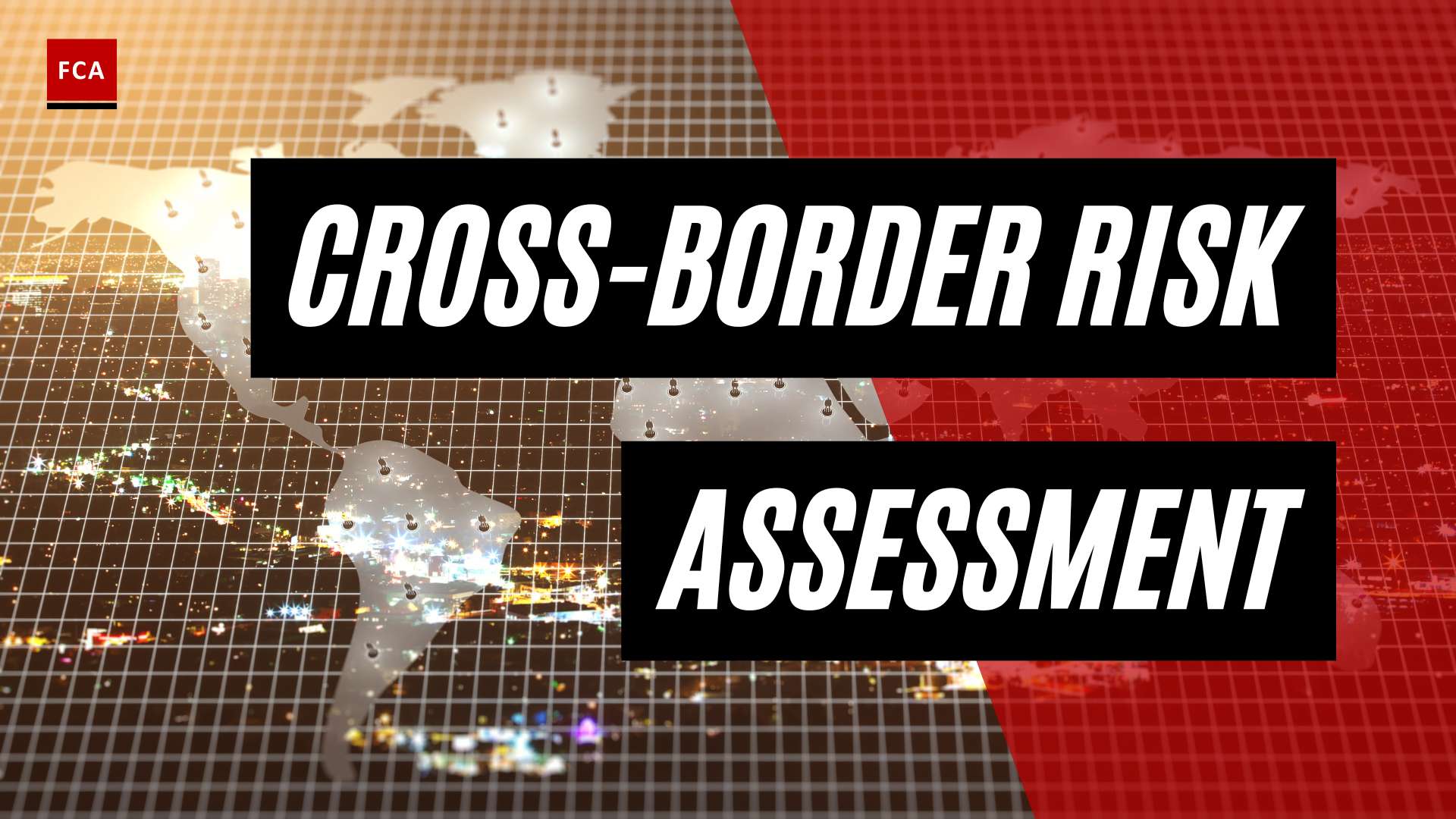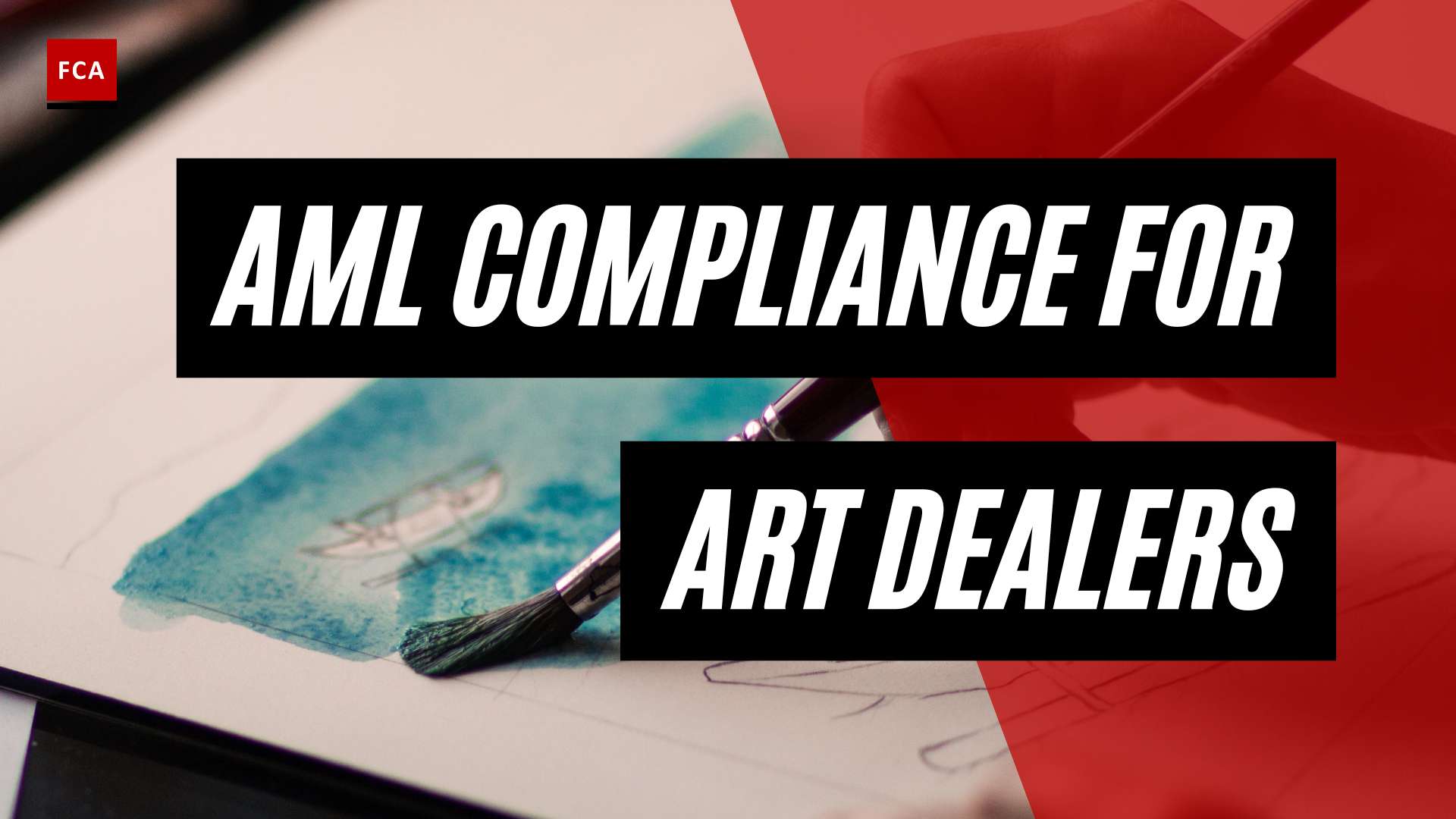Understanding DeFi and AML
As we navigate the rapidly evolving landscape of the financial world, it’s crucial to understand the intersection of Decentralized Finance (DeFi) and Anti-Money Laundering (AML) regulations. In this section, we provide an overview of DeFi and the AML regulations in traditional finance.
An Overview of DeFi
Decentralized Finance, or DeFi, refers to the use of blockchain technology to create decentralized versions of traditional financial instruments. DeFi platforms allow users to engage in a variety of financial transactions including lending, borrowing, and trading, without the need for intermediaries such as banks or brokers.
Despite its potential to democratize finance and provide services to the unbanked, DeFi is not immune to illicit activities. In fact, the US Treasury has released a DeFi-focused illicit finance risk assessment due to the sector’s growth and increasing criminal abuse. This highlights the need for effective AML measures in DeFi, a topic we delve into in our article on AML risks in decentralized finance.
AML Regulations in Traditional Finance
In traditional finance, AML regulations play a crucial role in preventing illicit activities like money laundering and terrorist financing. Financial institutions are required to adhere to the Bank Secrecy Act (BSA) and register with the Financial Crimes Enforcement Network (FinCEN) as money services businesses (MSBs). This registration includes maintaining appropriate AML programs and reporting suspicious activities (Forbes).
The US Treasury Department has emphasized the importance of applying these AML/CFT obligations to DeFi platforms too. The agency plans to work with stakeholders to ensure the effective application of these rules and promote a safer and more compliant DeFi ecosystem.
DeFi platforms and associated service providers are urged to implement procedures for verifying customer identity, monitoring transactions, and reporting suspicious activities in compliance with AML rules. The US Treasury’s emphasis on these requirements signals a stricter regulatory environment for the crypto sector, aiming to address illicit financial activities and ensure the integrity of the financial system.
The intersection of DeFi and AML regulations presents both challenges and opportunities for the crypto sector. As we continue to explore this topic, it becomes evident that effective AML compliance in DeFi will play a crucial role in shaping the future of decentralized finance. For more information on AML compliance measures in DeFi, please refer to our article on AML compliance in decentralized finance.
AML in Decentralized Finance
As decentralized finance (DeFi) continues to evolve, so too does the necessity for effective anti-money laundering (AML) practices within this sector. Given the unique challenges that DeFi presents, traditional AML practices must be adapted to ensure compliance and mitigate illicit financial activities.
Current AML Practices in DeFi
The U.S. Treasury Department has expressed its intention to promote AML and Counter Financing of Terrorism (CFT) obligations for DeFi platforms as a means to prevent illicit activities such as money laundering and terrorist financing.
Global regulators are focusing their efforts on preventing such illicit activities within DeFi platforms and services. To that end, updates have been made to treat Virtual Asset Service Providers (VASPs), which include many DeFi platforms, the same way as traditional Financial Institutions (FIs). These updates, as per the Financial Action Task Force (FATF) guidance and subsequent adoption by regulators worldwide since June 2019, mean that VASPs are now subject to the same reporting requirements and Know Your Customer (KYC) rules as traditional FIs.
DeFi platforms and associated service providers are expected to implement procedures for verifying customer identity, monitoring transactions, and reporting suspicious activities to comply effectively with AML rules. More on the implementation of such measures can be found in our guide on AML compliance in decentralized finance.
Challenges for AML in DeFi
Despite these efforts, the application of traditional AML measures to DeFi is not straightforward. The decentralized nature of these platforms, coupled with the pseudonymous nature of blockchain transactions, presents significant hurdles for regulators and compliance officers.
In response to these challenges, the US Treasury has released a DeFi-focused illicit finance risk assessment to better understand and tackle the potential risks within this burgeoning sector.
Decentralized platforms are also grappling with the practical challenges of implementing comprehensive AML measures. The lack of central authority, the need for privacy-preserving solutions, and the rapid pace of technological changes in DeFi are all factors that complicate the enforcement of traditional AML measures in this space.
Nonetheless, the growing recognition of these challenges is leading to the development of innovative AML solutions tailored specifically for the DeFi sector. You can learn more about these in our article on AML tools for decentralized finance.
Regulatory Interventions in DeFi
As the DeFi sector continues to grow, it has attracted significant attention from regulatory bodies due to concerns around illicit finance risks. This has led to several interventions aimed at enforcing anti-money laundering (AML) regulations in DeFi.
Recent Regulatory Actions
The US Treasury has recently released a DeFi-focused illicit finance risk assessment due to the sector’s growth and increasing criminal abuse. This assessment underlines the Treasury’s intent to promote the AML/CFT obligations for Decentralized Finance (DeFi) platforms to prevent illicit financial activities like money laundering and terrorist financing. The agency plans to work with stakeholders to ensure the effective application of these rules.
This emphasis on AML/CFT requirements signals a stricter regulatory environment for the crypto sector, aimed at addressing illicit financial activities and ensuring the integrity of the financial system.
DeFi Platforms as Money Services Businesses
The Treasury’s statement also clarifies that DeFi platforms must comply with the Bank Secrecy Act (BSA) and register with the Financial Crimes Enforcement Network (FinCEN) as money services businesses (MSBs). This registration entails maintaining appropriate AML programs and reporting suspicious activities.
Furthermore, DeFi platforms and associated service providers are required to implement procedures for verifying customer identity, monitoring transactions, and reporting suspicious activities to comply effectively with AML rules.
These regulatory interventions highlight the importance of integrating robust AML procedures into DeFi transactions. For more information on this subject, refer to our articles on AML compliance in decentralized finance and AML tools for decentralized finance.
AML Compliance for DeFi Platforms
Anti-Money Laundering (AML) compliance is a critical aspect for decentralized finance (DeFi) platforms. Implementing robust AML measures can help these platforms remain on the right side of the law while providing their users with a secure and trustworthy environment.
Importance of KYC in DeFi
Know Your Customer (KYC) procedures are a fundamental part of AML regulations. The US Treasury has highlighted the need for DeFi platforms and associated service providers to implement procedures for verifying customer identity, monitoring transactions, and reporting suspicious activities to comply with AML rules effectively.
Many DeFi platforms, categorized as Virtual Asset Service Providers (VASPs), have been subject to the same reporting requirements and KYC rules as traditional financial institutions since June 2019. This action follows the guidance from the Financial Action Task Force (FATF) and subsequent adoption by regulators worldwide.
Implementing KYC measures intelligently can enhance DeFi networks’ resilience to cyberattacks, foster trust among users, and support expansion by facilitating access to new users. This contradicts the perception that regulation undermines the core tenets of DeFi. For more details on this topic, read our article on aml guidelines for defi projects.
Implementing AML Measures in DeFi
As the DeFi landscape continues to evolve, it has become increasingly important for platforms to proactively enhance their AML compliance measures. Decentralized exchanges (DEXs) currently operate without proper KYC/AML regulations. However, as the regulatory landscape for crypto exchanges has set its foot, many believe that DEXs need to enhance their KYC compliance measures before facing a wave of regulations.
Incorporating robust KYC processes on DeFi platforms can enhance security, foster trust among users, and expand the user base while complying with evolving regulatory regimes. This demonstrates that a lawless decentralized financial system is not a necessity for innovation and significant evolution (KYC-Chain).
Implementing AML measures in DeFi is not just about compliance—it’s about creating a safer and more trustworthy environment for all users. For more information on AML measures in DeFi, check out our articles on aml compliance in decentralized finance and aml frameworks for defi platforms.
Future of AML in DeFi
As the landscape of Decentralized Finance (DeFi) continues to evolve, so do the requirements and strategies for Anti-Money Laundering (AML) compliance. The future of AML regulations in DeFi is likely to involve stricter enforcement and innovative compliance strategies, as industry stakeholders and regulatory bodies work together to mitigate the risks of illicit financial activities.
New Developments in AML Regulations
The US Treasury Department has expressed intentions to promote the obligations of AML and Counter Financing of Terrorism (CFT) for DeFi platforms. This initiative aims to prevent illicit financial activities like money laundering and terrorist financing. The agency plans to work with stakeholders to ensure the effective application of these rules, highlighting the need for DeFi platforms and associated service providers to implement procedures for verifying customer identity, monitoring transactions, and reporting suspicious activities.
This focus on AML/CFT requirements for DeFi platforms is a manifestation of the growing regulatory scrutiny on the cryptocurrency industry. The call for greater transparency and adherence to anti-money laundering regulations is part of an industry-wide push to combat financial crimes effectively.
AML Compliance Strategies for DeFi
In response to these regulatory developments, DeFi platforms must adapt and implement effective AML compliance strategies. One such strategy is the implementation of robust Know Your Customer (KYC) processes. Contrary to the perception that regulation undermines the core tenets of DeFi, implementing KYC measures intelligently can enhance DeFi networks’ resilience to cyberattacks, foster trust among users, and support expansion by facilitating access to new users.
Moreover, robust KYC processes on DeFi platforms can enhance security, foster user trust, and expand the user base while complying with evolving regulatory regimes. This demonstrates that a lawless decentralized financial system is not a necessity for innovation and significant evolution (KYC-Chain).
For DeFi platforms to effectively meet the evolving regulatory demands, they will need to develop and implement comprehensive AML policies, conduct regular AML audits, and utilize innovative AML tools specifically designed for the DeFi environment. For more details on AML compliance strategies for DeFi platforms, visit our articles on AML policies for DeFi protocols, AML audits in decentralized finance, and AML tools for decentralized finance.
The rapidly evolving regulatory landscape and the innovative nature of DeFi present both challenges and opportunities for AML compliance. As the future of AML regulations in DeFi unfolds, DeFi platforms must remain proactive, adaptable, and committed to fostering a transparent and compliant decentralized financial ecosystem.
DeFi and the Metaverse
As decentralized finance (DeFi) continues its rapid growth, its influence has extended into the Metaverse. This new frontier of digital interaction offers a slew of opportunities, but also presents unique challenges, particularly in the realm of Anti-Money Laundering (AML).
AML Challenges in the Metaverse
DeFi in the Metaverse has already started to leave its impact, with non-fungible tokens (NFTs) becoming a popular product due to the large number of digital assets that are purchased, sold, and exchanged on decentralized exchanges (Sanction Scanner). This shift could drastically alter how digital assets are owned and traded, presenting new challenges for AML regulations in DeFi.
While DeFi in the Metaverse has the potential to revolutionize digital asset ownership and trade, it also poses significant risks, particularly in terms of illicit activities such as financing terrorism and money laundering. The decentralized and anonymous structure of the Metaverse creates a conducive environment for these activities, making traditional AML procedures difficult to enforce.
Furthermore, DeFi in the Metaverse may contribute to financial instability. As a relatively young and unproven financial system, it’s subject to market volatility and shifts, which can lead to financial losses for investors and users. This volatility, coupled with potential AML risks, makes regulatory oversight a critical concern for DeFi platforms operating within the Metaverse.
Potential AML Solutions in the Metaverse
Despite these challenges, solutions for AML compliance in the Metaverse are under investigation. Strategies include creating centralized authorities to monitor financial transactions or developing decentralized systems that provide accountability and transparency through the use of smart contracts and blockchain technology.
As DeFi continues to be a major focal point for U.S. AML authorities, the implementation of stringent AML measures is paramount. This includes adopting robust AML frameworks for DeFi platforms and conducting regular AML audits in decentralized finance.
Given the challenges and potential solutions, the future of AML in the Metaverse will be shaped by how effectively DeFi platforms can implement AML policies while ensuring user privacy and maintaining the decentralized nature of blockchain technology. As the landscape of DeFi in the Metaverse continues to evolve, so too will the strategies for ensuring effective AML compliance.









